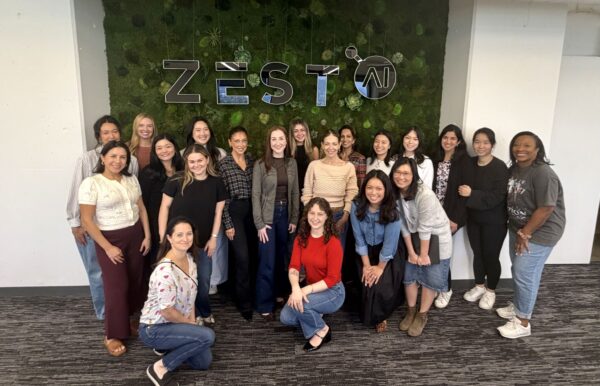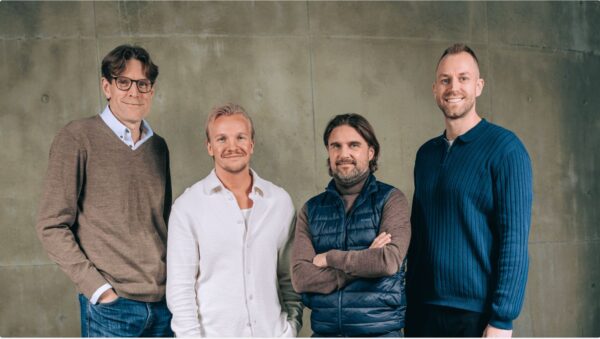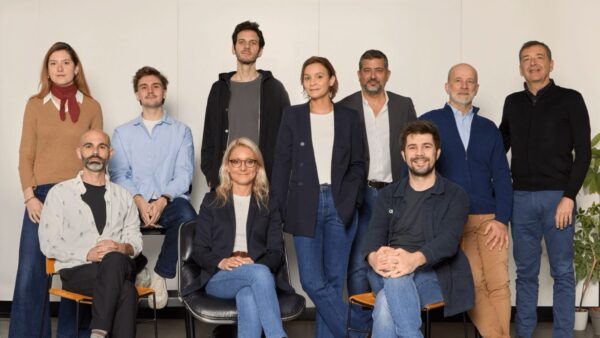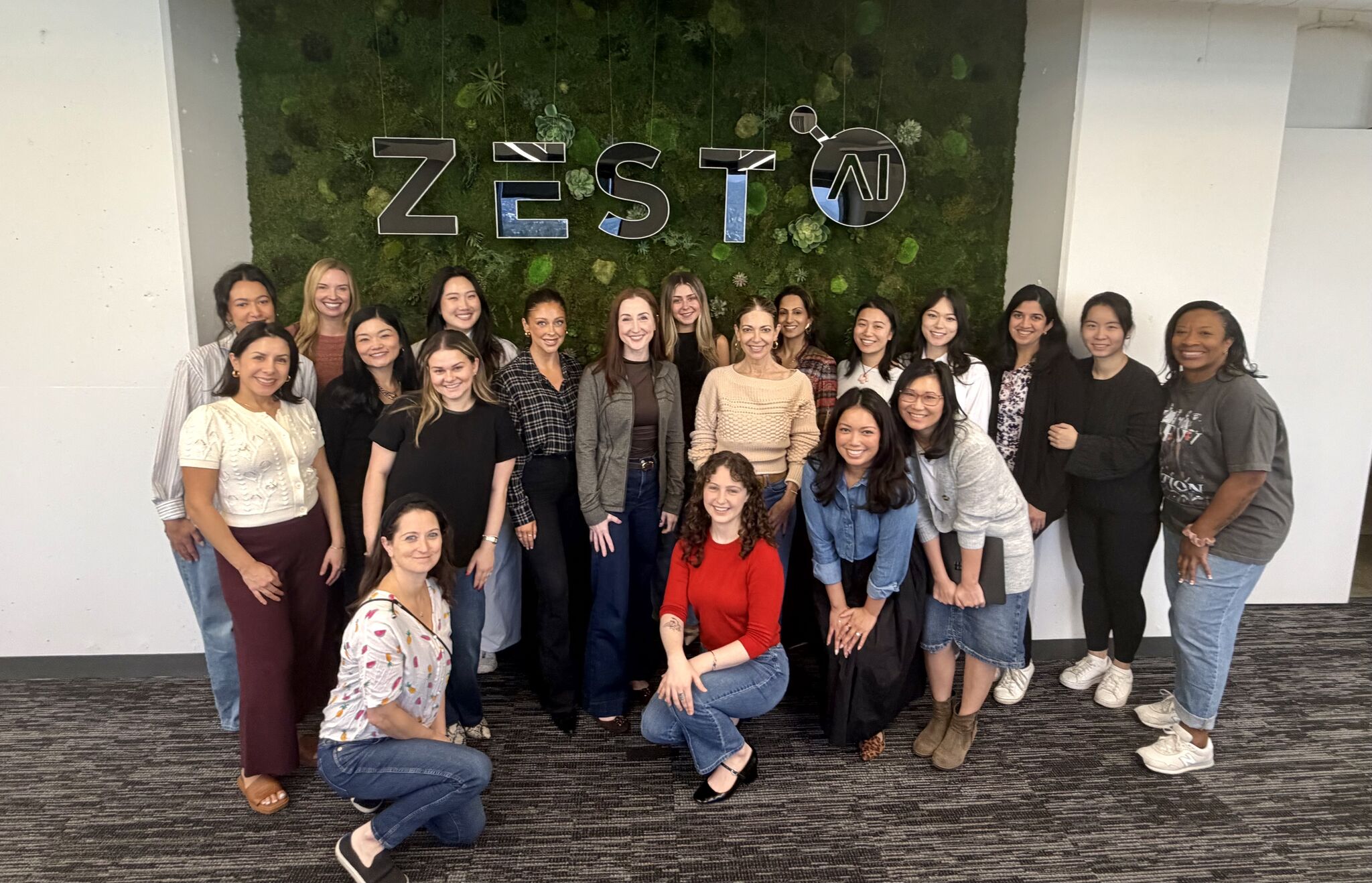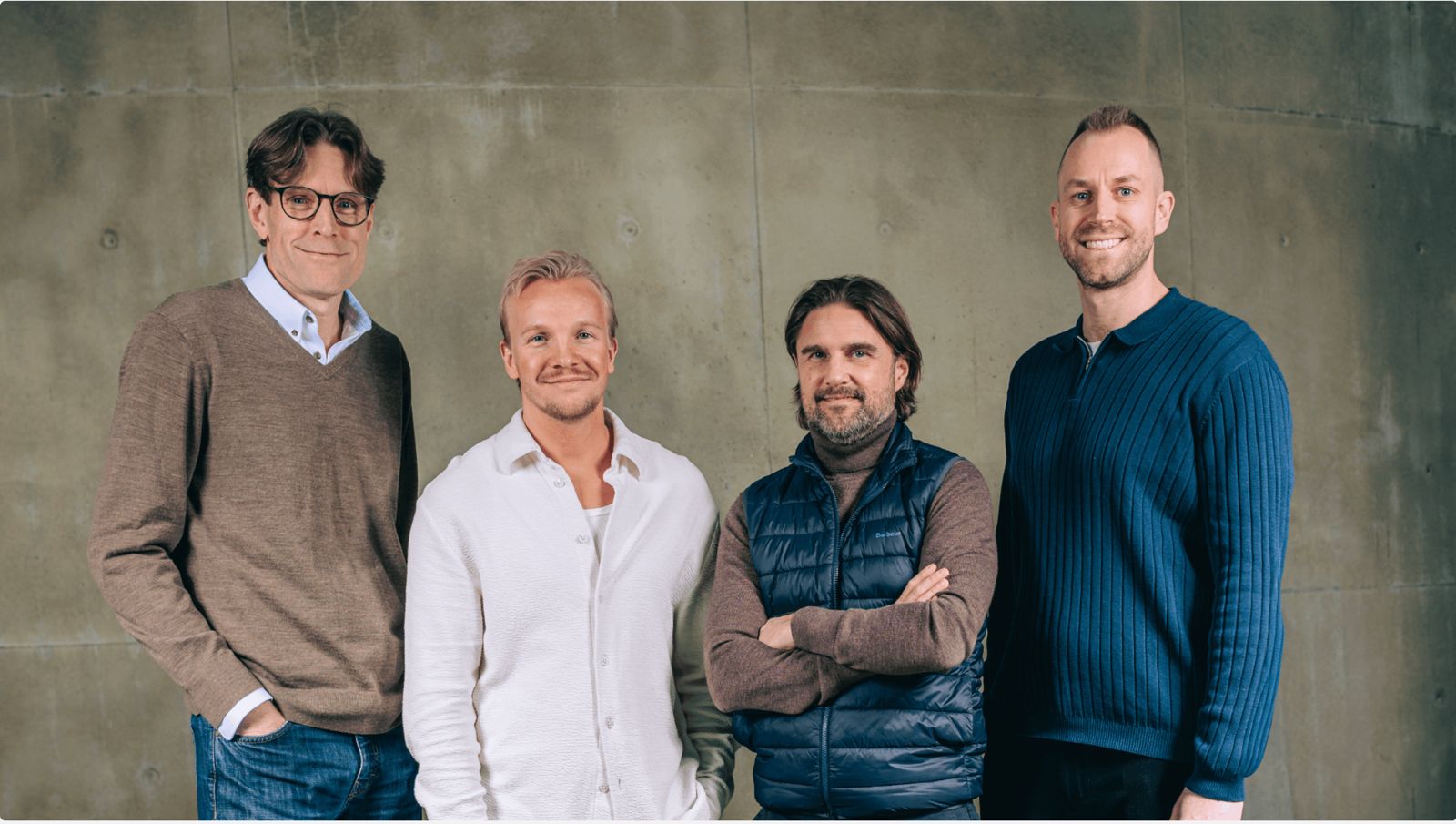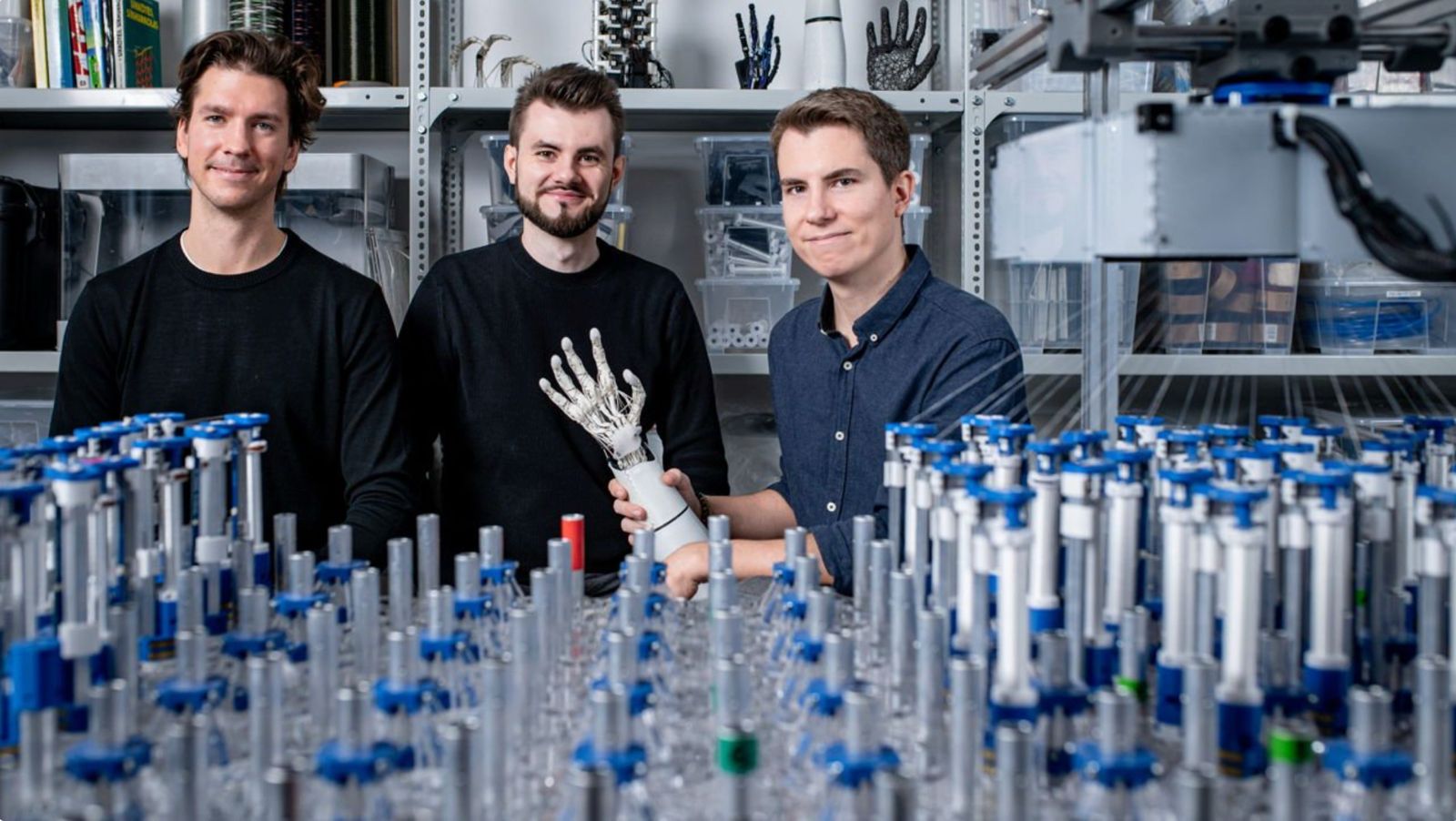As the digital landscape becomes increasingly saturated with productivity tools, many knowledge workers find themselves overwhelmed by constant context switching between various applications. A revealing study by Harvard Business Review highlighted that the “cost” of each switch can amount to approximately two seconds, with users toggling between different apps and websites nearly 1,200 times a day. Over a year, this “toggle tax” can consume up to five weeks of working time—an alarming 9 percent of annual productivity.
Raycast aims to mitigate this fragmentation by providing a unified platform where users can interact with multiple applications without losing their workflow. The platform boasts over 1,500 open-source extensions, enabling seamless interactions with popular tools like GitHub, Zoom, and Notion while keeping users in a state of productive flow.
“Our mission in founding Raycast was to redefine how people interact with their computers,” stated Thomas Paul Mann, CEO and co-founder of Raycast. “We believe that achieving a state of ‘flow’ is key to productivity and job satisfaction. By enabling users to perform actions—such as sending Slack messages or checking notifications—without ever fully opening an app, we’re helping them stay focused and in control of their digital environment.”
Since its inception in 2020, Raycast has cultivated a robust community of 22,000 developers, serving hundreds of thousands of daily active users, particularly among software engineers, product developers, and designers. The company is also poised to launch iOS and Windows versions, expanding its reach and impact.
The funding round was led by Atomico, with participation from Accel, Coatue, Y Combinator, Atlassian Ventures, World Innovation Lab, and notable angel investors such as Guillermo Rauch, CEO of Vercel, Thomas Dohmke, CEO of GitHub, and Tobi Lütke, CEO of Shopify. As part of this funding, Atomico Partner Luca Eisenstecken will join Raycast’s board.
Eisenstecken remarked, “Thomas and Petr have built an incredible product that effectively addresses a crucial problem while fostering a thriving open-source community. Raycast empowers users to create a highly personalized productivity platform tailored to their unique workflows. Our user research showed that an impressive 98 percent of respondents experienced a significant increase in their Raycast usage over the past six months.”
In addition to its robust app integrations with tools like Jira, Spotify, and ChatGPT, Raycast is also set to introduce Raycast Pro, an AI-enhanced tool designed to streamline interactions across applications using natural language. This innovative feature will further reduce the need for context switching, even for AI-based tasks.
Editorial Opinion:
Raycast’s forward-thinking approach positions it as a key player in the productivity software landscape. The company’s focus on reducing context switching resonates deeply in an age where efficiency is paramount. As workplaces become increasingly digital, solutions like Raycast not only streamline workflows but also enhance overall job satisfaction—a crucial factor in today’s competitive job market.
The emphasis on community-driven development with a strong open-source ethos is particularly commendable, fostering innovation and customization that larger, more traditional platforms often overlook. With the forthcoming expansion into iOS and Windows, Raycast stands to redefine how users interact with their digital tools, paving the way for a more cohesive and less fragmented work experience.
As digital environments continue to evolve, Raycast’s commitment to enhancing productivity through integration and user-centric design suggests a promising trajectory. Their approach to AI-driven interactions further positions them as innovators poised to lead the charge in productivity solutions, making them a company to watch in the coming years.
If you need further assistance or have any corrections, please reach out to editor@thetimesmag.com.

